“You don’t meet your brother 35 years into your life, usually. I didn’t have a brother when I grew up. And I feel like I got one now. And that’s a fact.”
El-P was caught up in a moment of solemn reflection during a conversation otherwise defined by busting balls and cracking jokes. He was sitting next to Killer Mike in San Francisco’s Golden Gate Park during the music festival Outside Lands, telling me about the fraternal bond at the center of Run The Jewels. It was the summer of 2014, and Run The Jewels 2 was the most anticipated album of the year — still mostly unheard, yet well on its way toward being crowned the year-end #1 by Stereogum, Pitchfork, and others. The hype was ascending to an astronomical scale, at least within the world of blogs and festivals that Run The Jewels rose up to dominate in the mid-2010s.
A lot of variables had to fall into place to put RTJ2 at the center of the hipster zeitgeist when it dropped 10 years ago today. Adult Swim’s Jason DeMarco had to wisely recruit El-P, a rugged New Yorker and mainstay of the experimental hip-hop underground, to produce for Killer Mike, a Dirty South veteran with Dungeon Family affiliations, recognizing two rappers from different worlds as forward-thinking old-head kindred spirits. El and Mike had to connect on both a musical and personal level, developing a stellar creative partnership that fed off the kind of genuine camaraderie that’s rare to stumble upon well into your thirties. The hip-hop and indie rock media ecosystems had to overlap to the point that your average Pitchfork reader was becoming acquainted with DatPiff and canonizing blog-era favorites like A$AP Rocky and Kendrick Lamar.
And then there was the social context. A day after I first met with Run The Jewels in San Francisco, a white police officer named Darren Wilson shot and killed an 18-year-old Black man named Michael Brown in Ferguson, MO, setting off massive protests in the St. Louis suburb and sparking the Black Lives Matter movement. More police killings of Black people followed in quick succession, which put a spotlight on deep flaws within the institution of policing and turning racial injustice into the most prevalent issue in America. It was a moment of outrage, mourning, and upheaval, and at the time, Run The Jewels seemed ideally suited to speak into it.
The thinking was as follows: Here were two men from different communities in different parts of the country, one Black, one white, both of whom had spent their careers decrying corruption, who’d found unity by reviving the spirit of Public Enemy in sound and substance, speaking truth to power while talking ungodly amounts of shit. If you wanted them to be, not only were they a feel-good story about the potential for adult male friendship, they were a vision of racial harmony and moral clarity ready to dole out audio vengeance over beats capable of leveling whole city blocks. The reality was more complicated, but the music lived up to the hype. Killer Mike and El-P sounded like superheroes on these tracks.
Run The Jewels 2 brims with power from the very start, when Mike shouts, “I’m gonna bang this bitch the fuck out!” to initiate opening track “Jeopardy,” sounding like a preacher at a revival or a defensive lineman bringing the locker room to a fever pitch. It’s an affirmation of the energy that’s about to unfold and the brotherhood that sparked all that firepower. The song itself creeps along ominously, haunted by skronking sax and depth-charge bass, before giving way to a series of the duo’s most iconic songs, the advance singles that had whipped up music fans into a wild-eyed fervor.
The bass-bombed “Oh My Darling Don’t Cry” rumbles with unending tension, like a never-ending earthquake, while Mike and El-P trade bars like “Style violent, give a fuck if you deny it, kids/ You can all run naked backwards through a field of dicks.” On “Blockbuster Night Pt. 1,” we’re treated to a low-end bombardment that pairs perfectly with Mike’s opening line “Bunches and bunches, punches is thrown until you’re frontless.” And amidst the hardscrabble noisescape of “Close Your Eyes (And Count To Fuck),” Rage Against The Machine’s Zack De La Rocha joins the duo for a rare demonstration of his righteous fury: “My battle status is burning mansions from Dallas to Malibu/ Check my résumé, your residence is residue.” A sequence of nonstop sonic violence laced with quotable lines and irreplicable attitude, these songs alone were enough to make RTJ2 an event album. Yet if the rest of the record rarely brings the same firepower, it holds up remarkably well.
“Lie, Cheat, Steal” moves with a ferocious energy, shifting from EDM-adjacent verses to a swaggering refrain like something Dr. Dre might have cooked up circa Y2K. The late Gangsta Boo shines on “Love Again (Akinyele Back),” matching Mike and El bar for nasty bar. Mike gets personal on “Early,” expressing his anxiety about police harassment, and “Crown,” reckoning with guilt over his drug-dealing days. El-P’s production is consistently brilliant and way more diverse than he sometimes gets credit for; anybody who is assembling beats like the bombastically clattering Travis Barker collab “All Due Respect” and the melting-synths dystopia “Angel Dust” has the range. This was a record you could play back again and again, sometimes immersing yourself in the most minute details of the music, sometimes catching new intricacies within the lyrics, sometimes giving yourself over to the sheer force of it all.
Run The Jewels kept getting bigger from there. They released the sprawling, adventurous, less focused Run The Jewels 3. They toured arenas with Lorde and eventually headlined festivals. They made songs for movies and video games. What once had been an exhilarating, dynamic partnership started to feel a bit bloated and stale. When they dropped 2020’s excellent RTJ4 in the wake of George Floyd’s murder, it was a reminder of how powerful this group’s music can be, especially when the world is mirroring the turmoil they conjure in your speakers. Yet a decade after RTJ2, some listeners feel disillusioned, or at least distanced from the perspective that made the album feel so triumphant in the moment. Killer Mike’s politics, as well as career moves like yesterday’s announcement of a tour with Dave Chappelle, have alienated a progressive segment of Run The Jewels’ audience that once saw the duo as avenging anti-heroes.
For other skeptics, it’s not that serious. As often happens to decade-old projects in an industry ruled by shifting trends, the RTJ operation simply strikes some people as corny now. The zeitgeist has moved on. But fuck what’s fashionable. When I press play on Run The Jewels 2, electricity shoots through my veins, and I’m ready to fast-forward the nostalgia cycle to the moment in history where this kind of blaring, blustering, concrete-shattering festival-rap comes back in style.

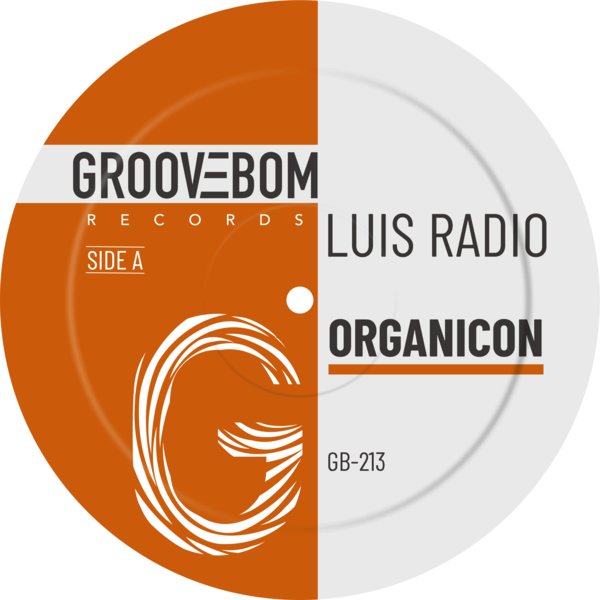
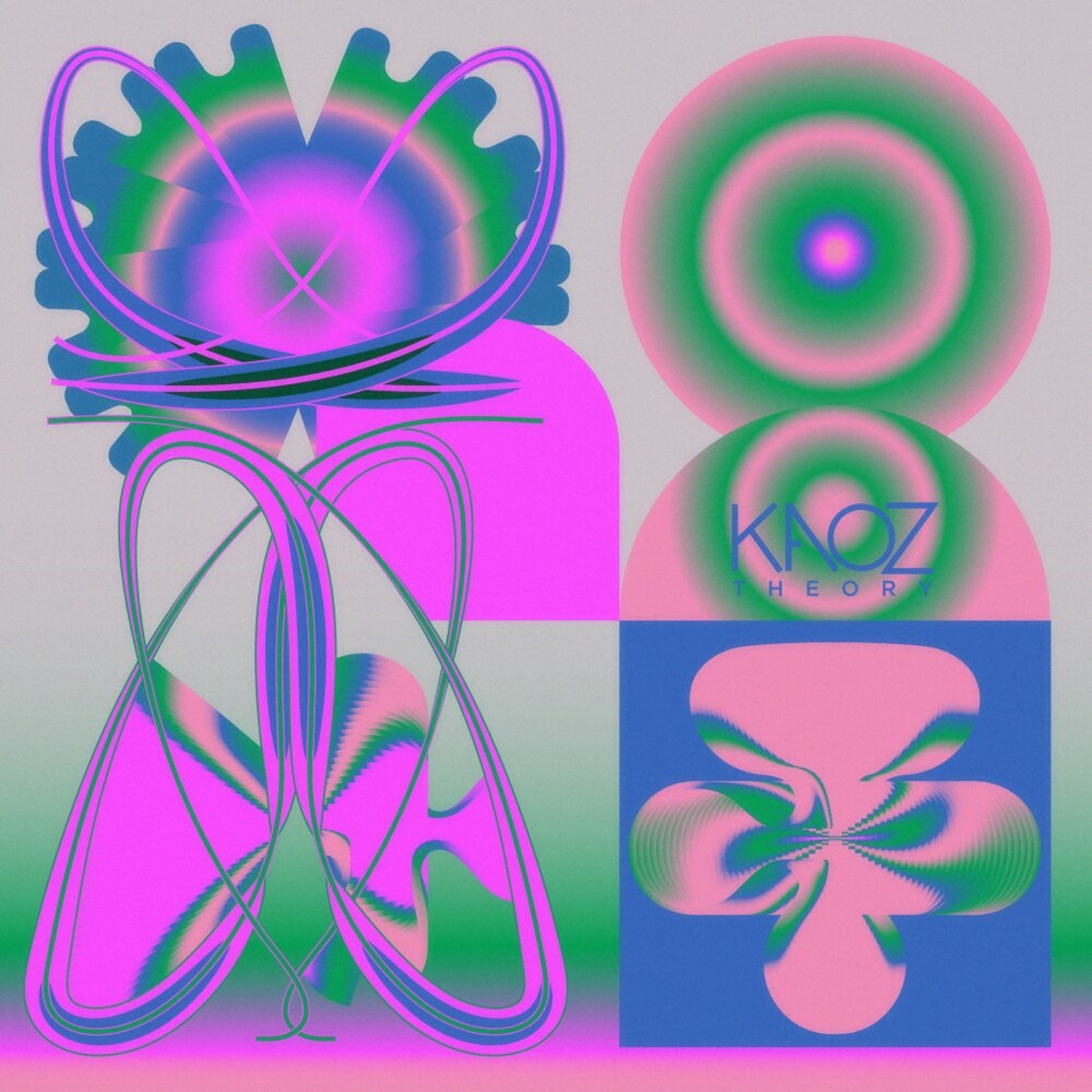
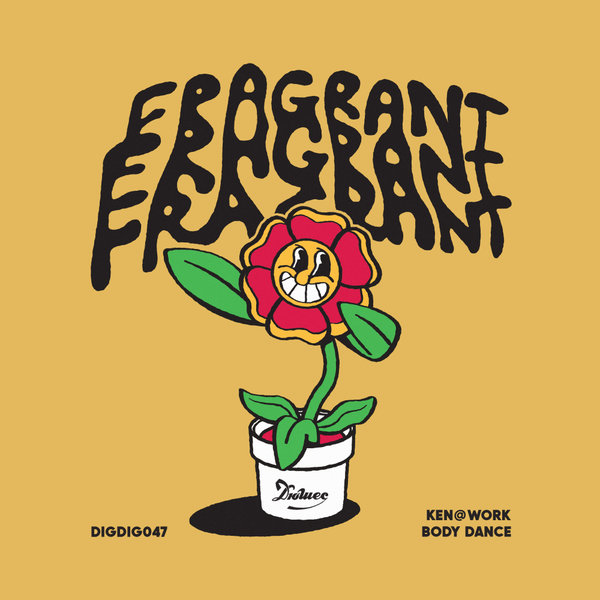
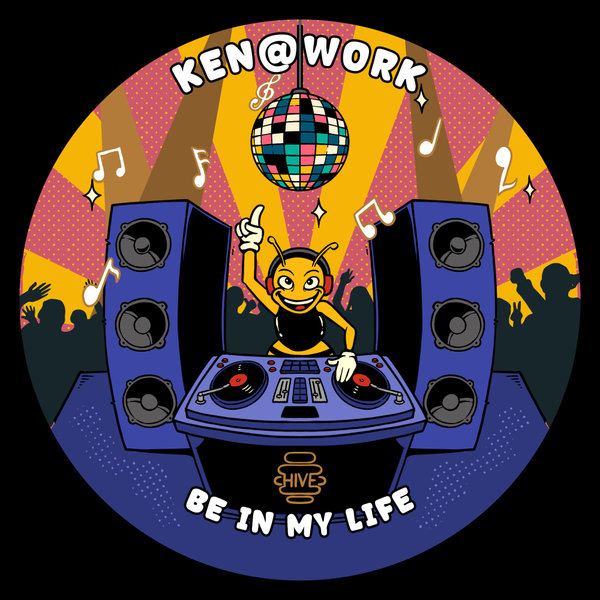
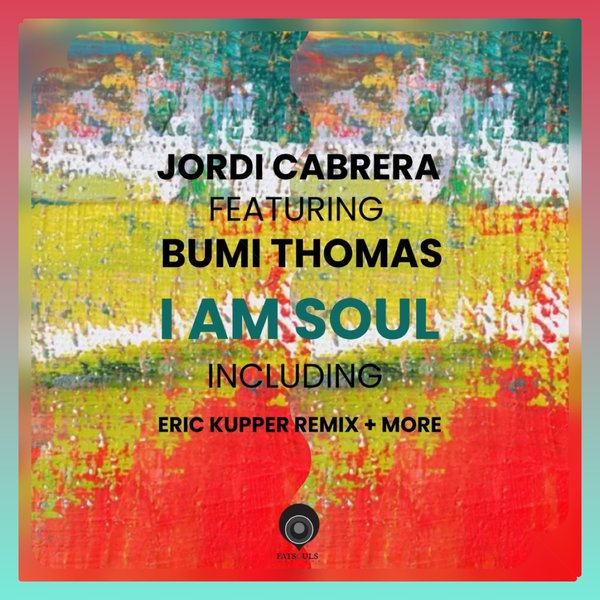
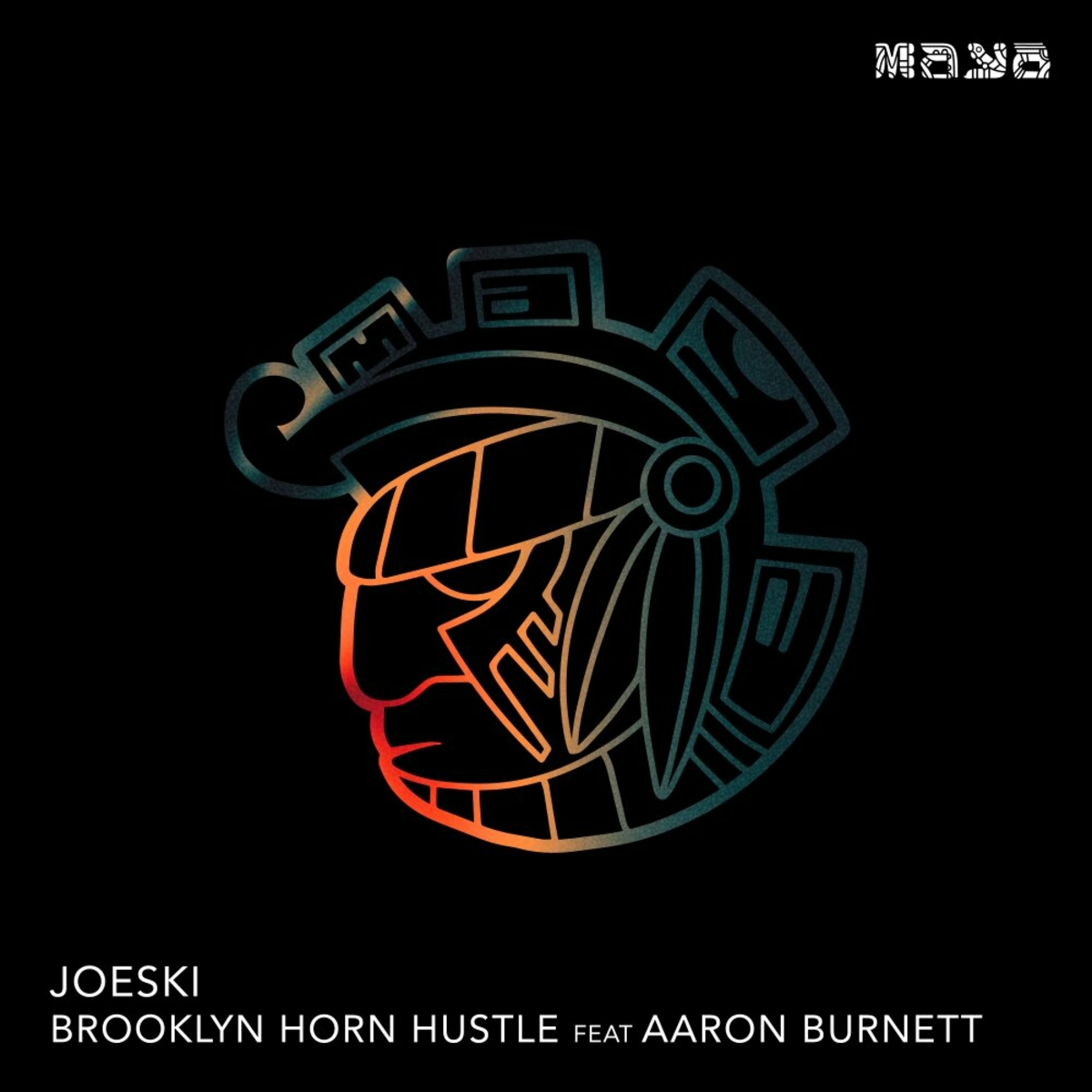





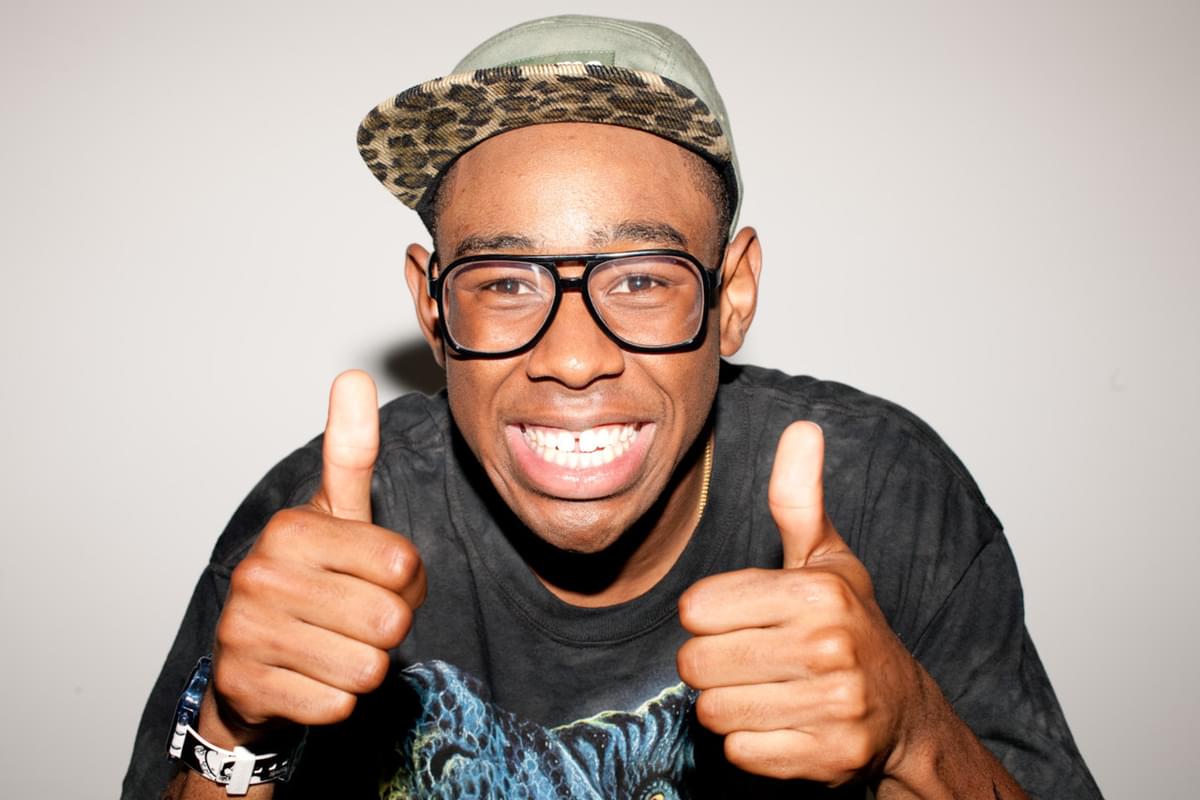






 English (US) ·
English (US) ·